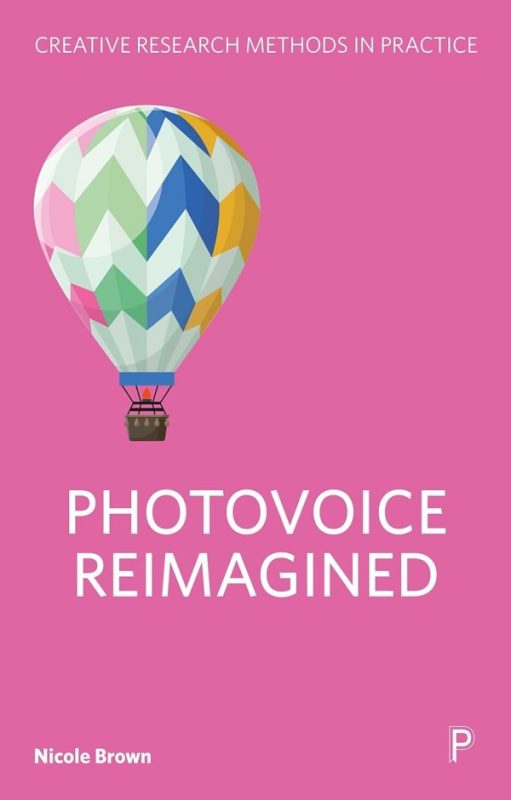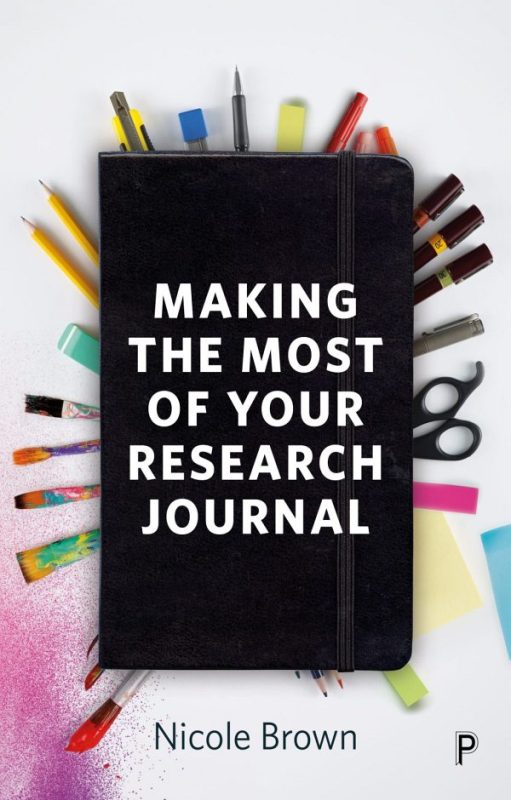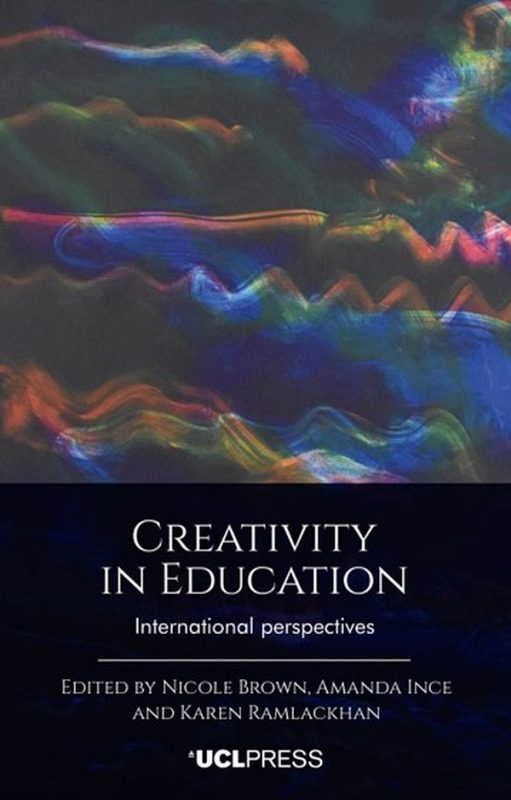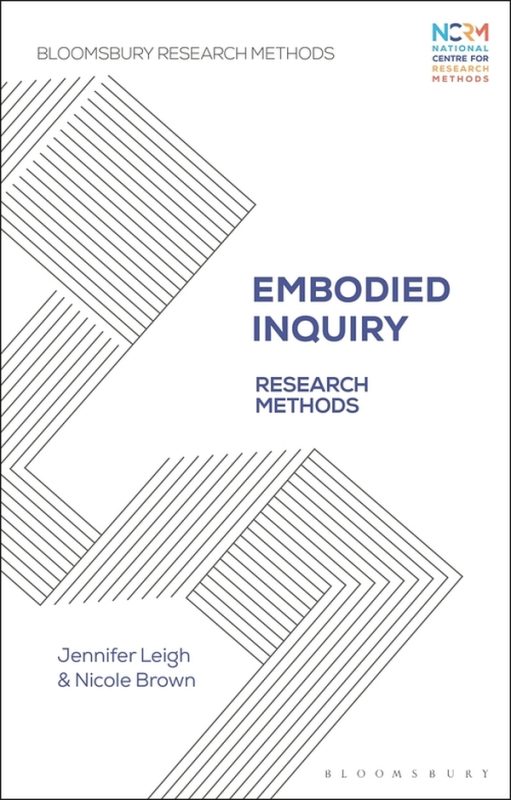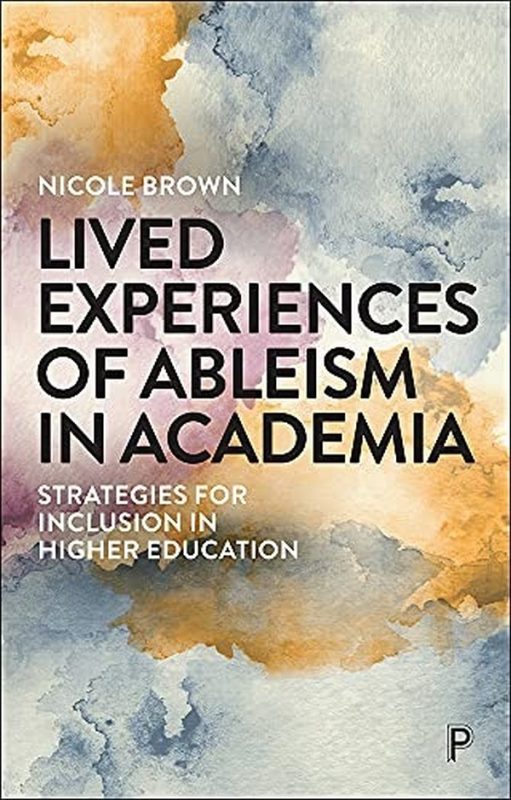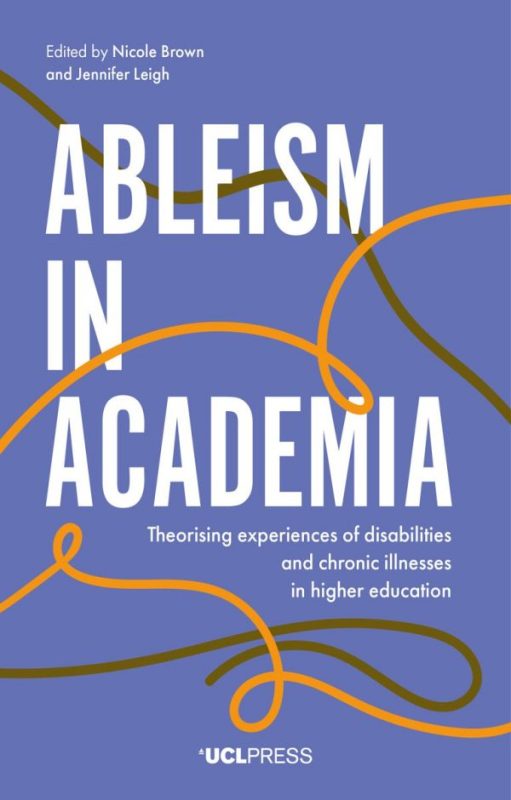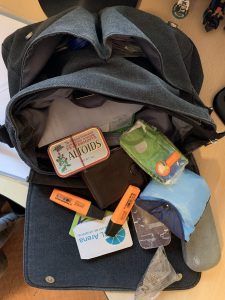
Handbags: representations of identity and memories
Handbags: I am inviting you to take in part in my research project. Information, contact details and consent form available from here.
Disclosure Dances in Doctoral Education
Disclosure dances - I am inviting you to take in part in my research project. Information, contact details and consent form available from here.
Bodies and buildings: How the chronically ill or disabled experience buildings in academia
Bodies and buildings - I am inviting you to take in part in my research project. Information, contact details and consent form available from here.
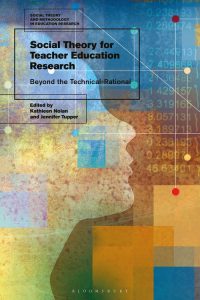
Chapter: Centring imagination in teacher education
The chapter offers reflections on how imagination can be nurtured in the practice of teacher education.
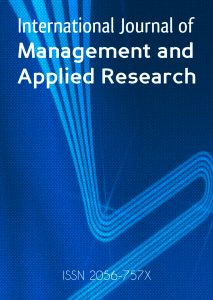
Article: Using LEGO® to understand emotion work
This paper presents how LEGO® can be used in workshops to explore doctoral students’ emotions around the complex and solitary experience of a PhD research.

Reshaping higher education
This is my reshaping higher education contribution to the post-strike Big Meeting organised by Reclaim the University in June 2018.

Article: Partnership in teacher education
This article is an example of student-staff collaboration within the community of practice of trainee teachers.
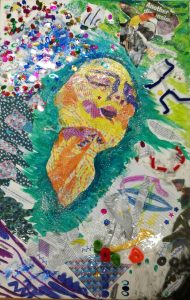
A conversation about creative and art-based methods in research
This entry shows the edited outcome of a video-recorded conversation regarding the use of creative and art-based methods in research.

Ableism in Academia
Call for contributions to the Ableism in Academia symposium and special edition publication.
Guest post: So we are all gifted and talented
Having read "Peak" guest blogger Craig Brown argues that gifted and talented provision needs to be reviewed.
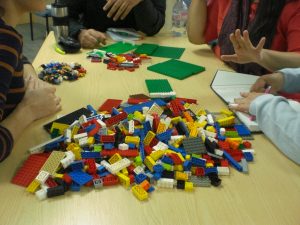
Using creative methods to reflect
Producing reflections can be a creative process if we allow for more creative methods, such as Lego models.
Teacher training placements
A brief outline of intended research in relation to the placements within teacher training.
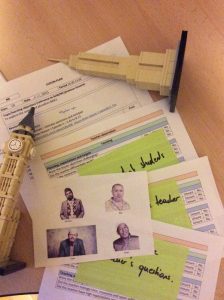
Challenging students
I believe in challenging students and having high expectations of everyone in the classroom. This is coupled with appropriate support and guidance. However, challenging pupils is not an easy task and must be planned for meticulously.
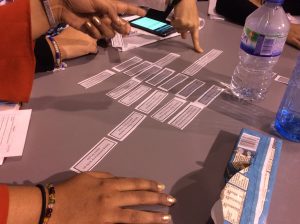
Plagiarism workshop resources
Download some resources for a plagiarism workshop from here.

Action research or case study?
When planning for a practice-based enquiry or small-scale study you will most often be confronted with the choice between an action research or case study approach. Here is a simplified exploration to get you started.
Sarah Pink: Doing Sensory Ethnography
Pink's understanding of ethnography is broader than that of a study relating to the culture or society of humans. Really, ethnography in Pink's view is a phenomenological study of life world and in the book she offers ways of accessing this life world through a range of channels. Pink suggests including the human senses at all levels of research. This book offers great justification for a less conventional approach to research; an approach where openness to what happens is paramount.
